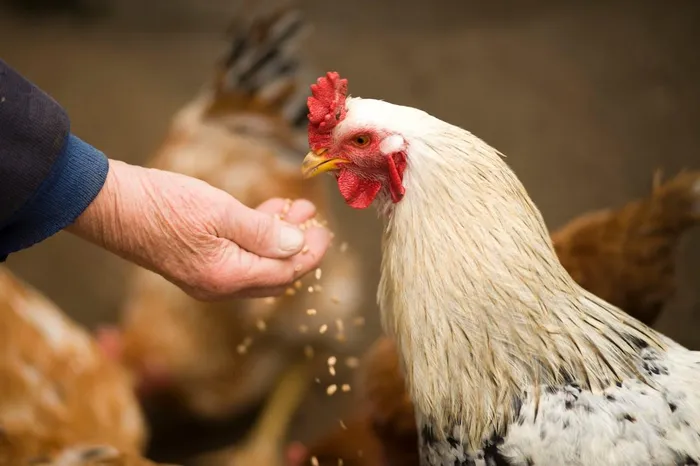South Africa secures chicken imports from the US amid bird flu crisis

As bird flu cases rise in the US, South Africa's desperate need for chicken imports leads to a crucial agreement with the US government
Image: Pexels/IOL
Even though there have been 70 cases of bird flu – Highly Pathogenic Avian Influenza – reported in the United States, South Africa has approved a special, year-long arrangement with that country to bring in chicken.
This comes as all poultry products have been banned from entering several countries, including South Africa, due to a bird flu outbreak there. On May 15, 2025, Brazil confirmed its first-ever case of bird flu, which results in South Africa losing up to 100 million animal protein meals for every week the ban continues.
Merlog Foods, a chicken importer, has welcomed the agreement with the US, said GM Georg Southey.
“South Africa’s Department of Agriculture has, in a welcome move, approved a special, year-long arrangement with the United States of America that allows for a more dynamic trade response to avian influenza or bird flu outbreaks ensuring a continued supply of chicken imports into South Africa, thus increasing food security,” he said in a statement.
The Center for Disease Control (CDC) has logged 24 incidences of the deadly virus at poultry farms and culling operations. Its tracker noted that this exposure was associated with commercial agriculture and related operations.
Overall, the CDC said that there were 70 cases in the US, with 64 of these detected through targeted H5 surveillance.
However, Southey said that the deal ensures that chicken is only exported to South Africa from safe areas. The agreement was publicised in a letter released this week by the Department of Agriculture, and it “empowers the US to manage its own internal chicken trade restrictions by state, depending on the presence or absence of bird flu outbreaks,” he said.
If there is a highly pathogenic avian influenza or bird flu outbreak, the US will stop exports from a specific state and resume exports when safe, Southey said.
“The agreement allows local importers of essential affordable protein needed by millions of South Africans to access safe chicken with ease and removes onerous paperwork and delays,” Southey noted.
Imported affordable proteins are essential for food security in South Africa where up to 30% of households in some provinces face regular hunger according to a recent Statistics South Africa.
Calling on South Africa to sign similar agreements with other countries, he pointed to the fact that there were other agreements in place. “Many countries which import chicken from Brazil have already implemented regionalisation process to allow safe imports to continue. These countries include Japan, Mexico, Cuba and notably neighbouring Namibia,” he said.
IOL
Related Topics: